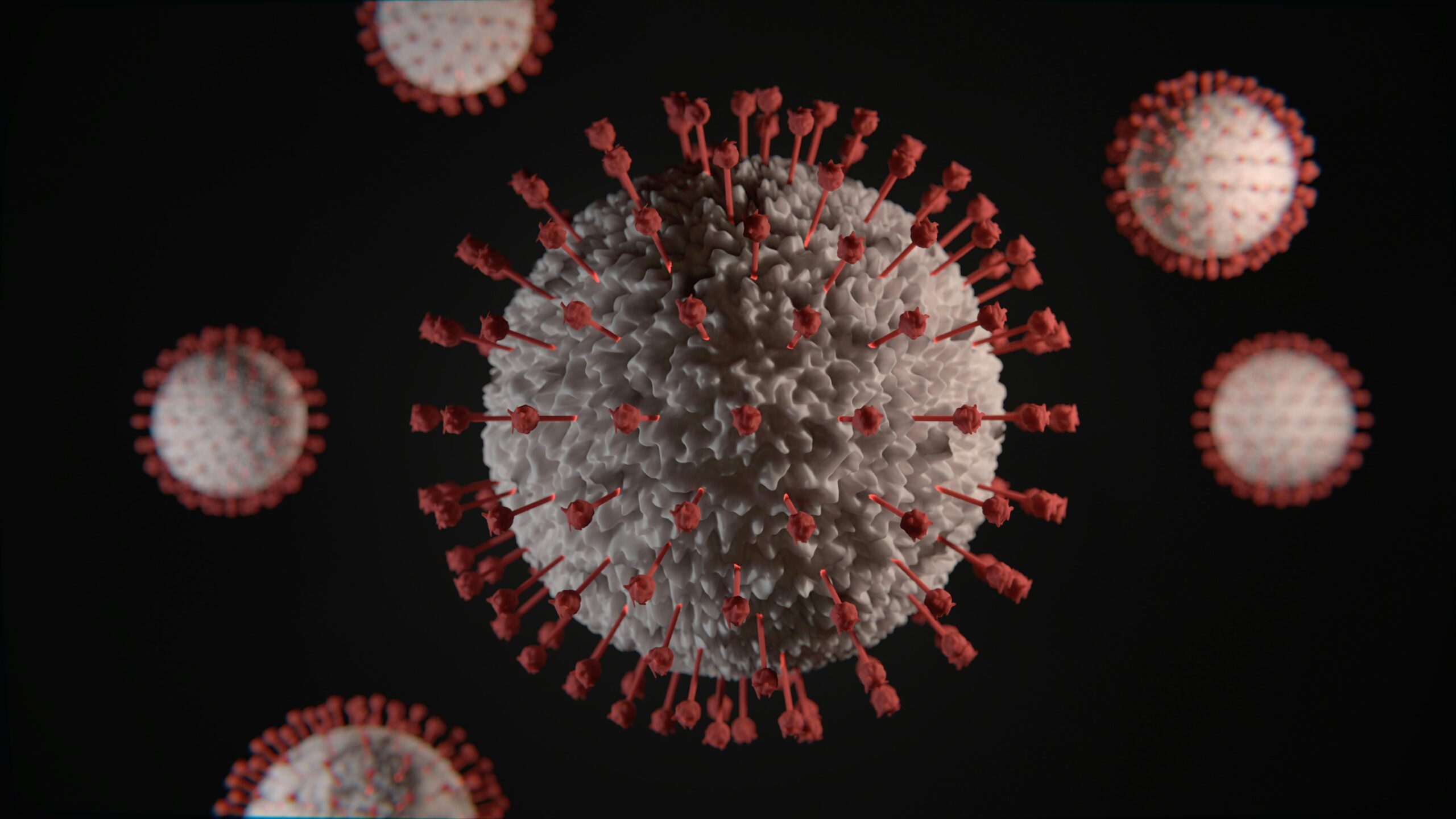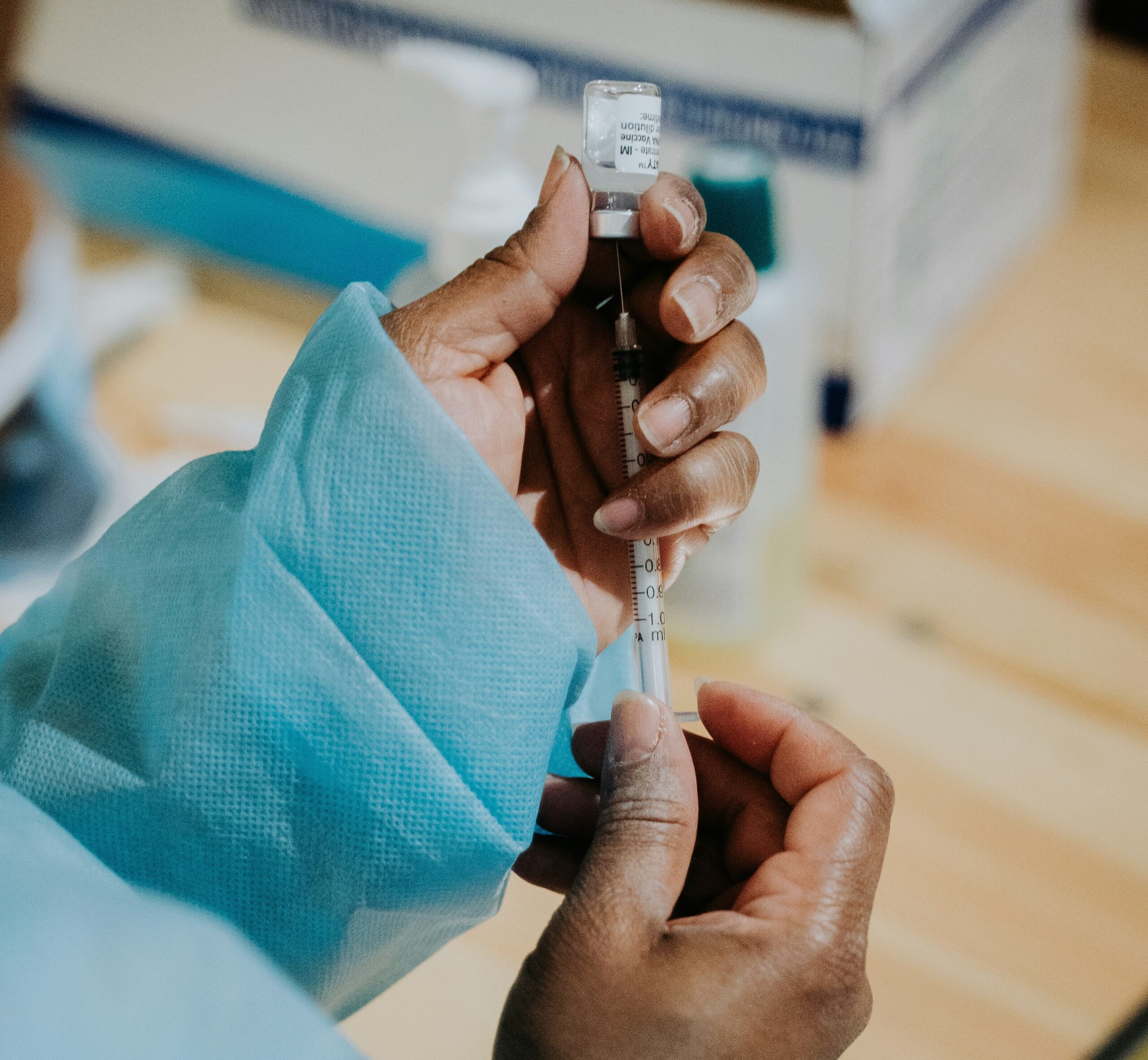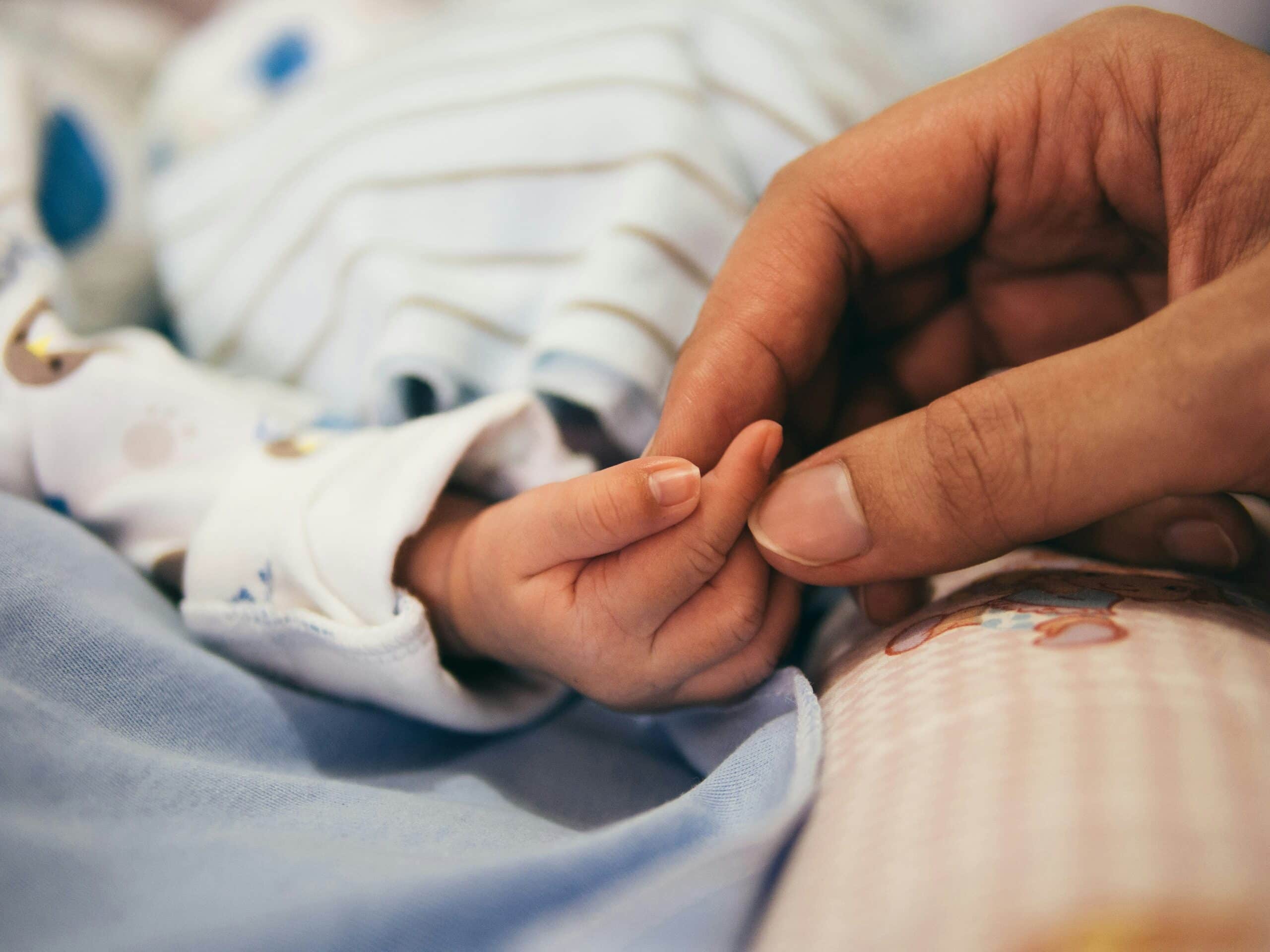
Women’s Health Survey
State Policies
Section 03
Survey Overview and Demographics
General Overview
Study Date: 15.12.22–09.01.23
Geographic Coverage: United States
Response Overview
Sample Size: 400
Valid Responses: 149
Response Rate: 37.3
Date initial findings posted: 01.31.23
Most recent update: 01.31.23
Days survey in field: 26
Average response time: 7
Survey Demographics
Respondent Demographics:
- 54.5% % Femake
- 45.4% Male
- 100% Academic
- 0% Industry
Language(s): English
Section Overview
In this survey, we asked scientists a variety of questions about women’s reproductive healthcare. This section of the survey asked about scientists’ views about the possible effects of the 2022 Supreme Court’s decision in Dobbs v. Jackson Women’s Health Organization on women’s reproductive health outcomes and policies in their state.
Question
How will the 2022 US Supreme Court’s decision to overturn Roe v. Wade increase or decrease each of the following in your state? (N=144)

Finding
More than half of responding scientists think that the 2022 Supreme Court’s decision will increase: health inequities in general (59%), likelihood of pregnancy-related death (56%),and likelihood of pregnancy-related complications (55%).
Respondents think the decision will decrease women’s access to low-cost or no-cost abortion services (57%) and general abortion services (59%).
Only a small proportion of scientists (17%) believe that the 2022 Supreme Court’s decision will increase reproductive health care in general for women.
Question
Does your state currently have a law or laws that protect women’s right to abortion? (N=146)

Finding
50% of the scientists responded that their state has a law or laws that protect women’s right to abortion.
40% of the scientists responded that there is currently no law that protects women’s right to abortion in their state and 10% of the scientists don’t know.
Question
In your opinion, in the next two years will your state pass new abortion legislation that is more restrictive or less restrictive than the current law? (N=145)

Finding
Nearly one-third of the scientists (32%) reported that they believe the state will pass less restrictive abortion legislation than the current law in the next two years.
One-fourth of the scientists (25%) reported that the state will pass more restrictive abortion legislation, while (43%) are uncertain about future legislative action in their states.
Survey Description
This national survey on academic scientists in the US was conducted by the Center for Science, Technology and Environmental Policy Studies (CSTEPS) at Arizona State University. The survey was approved by Institutional Review Boards at Arizona State University.
The sample for this survey were randomly selected from our SciOPS panel. SciOPS panel is recruited from a random sample of PhD-level faculty in four fields of science. Contact information of faculty in four fields– biology and genetics, civil and environmental engineering, and geography –was collected from randomly selected Carnegie-designated Research Extensive and Intensive (R1) universities in the United States (US) and from all CEPH accredited public health schools. The full sample frame for recruiting SciOPS panel includes contact information for 11967 scientists. 986 eligible scientists consented to become SciOPS panel members, representing AAPOR recruitment rate (RECR) was 8.1%.
This national survey obtained a total of 149 usable responses, representing an AAPOR individual survey response rate (RR4) of 37.3% and an AAPOR Cumulative Response Rate (CUMRR) of 8.1%.
Sample Weighting and Precision: the completed sample was weighted by the inverse of selection probabilities and post-stratified by gender and academic field to represent the population as closely as possible. A conservative measure of sampling error for questions answered by the full sample is plus or minus 5 percentage points. The survey was approved by Institutional Review Boards at Arizona State University and at the University of Illinois at Chicago.


